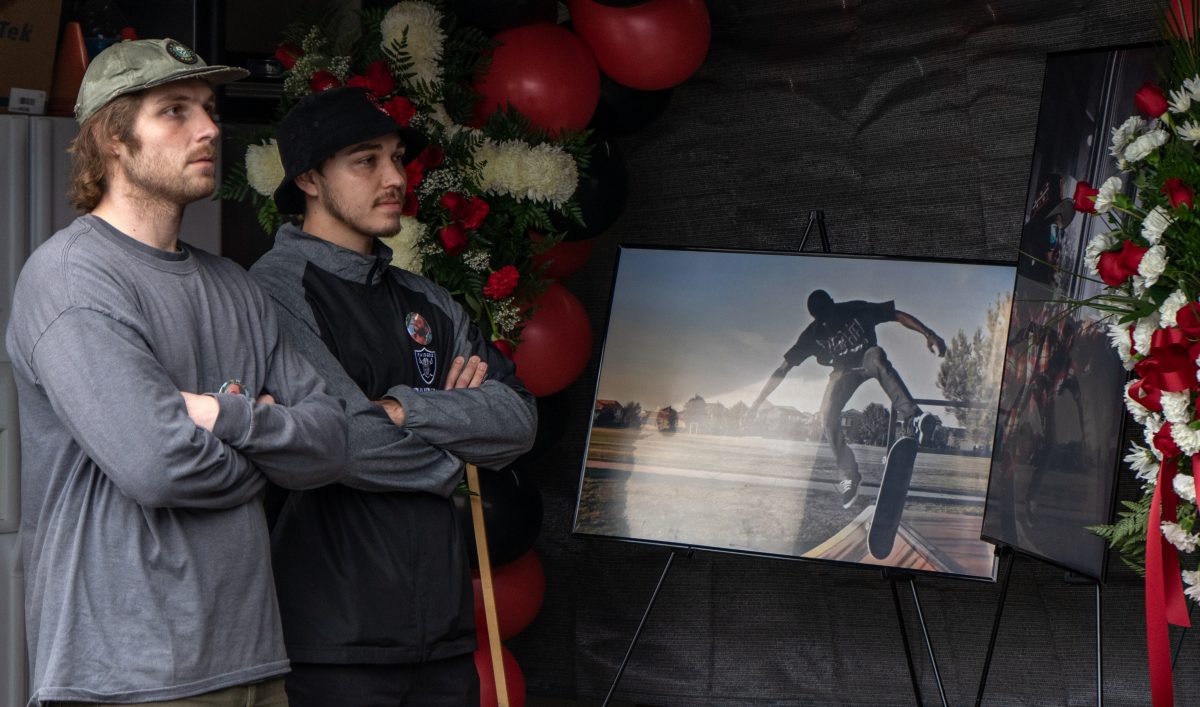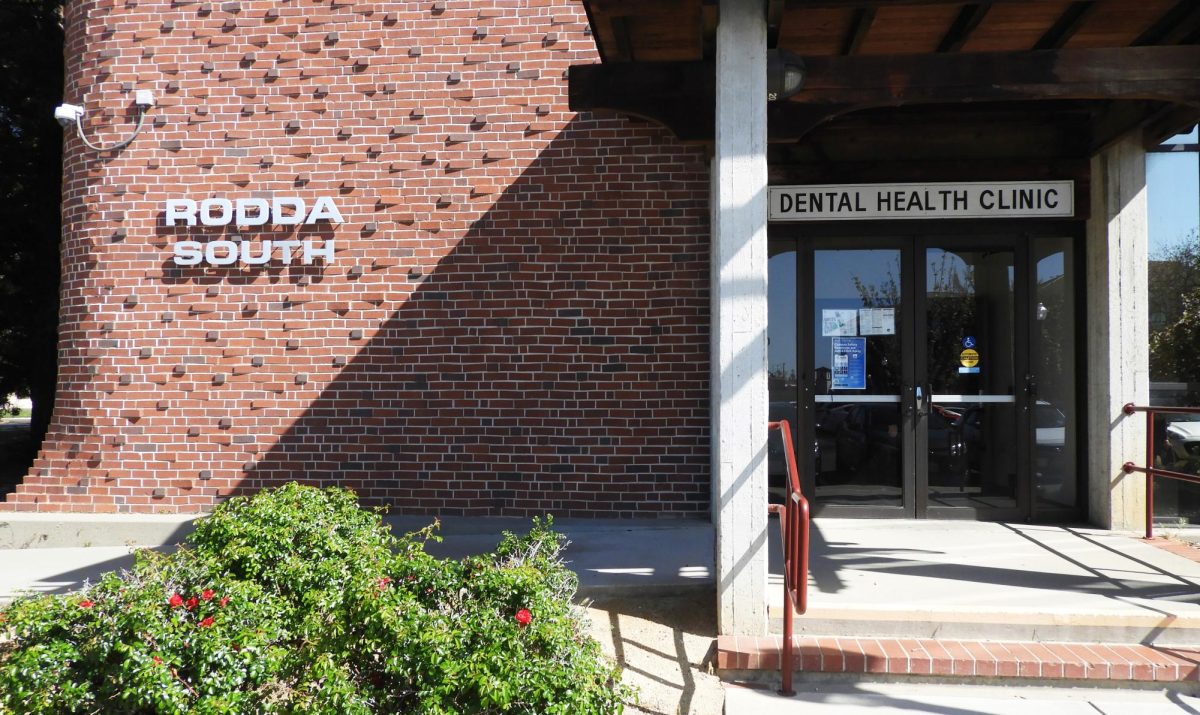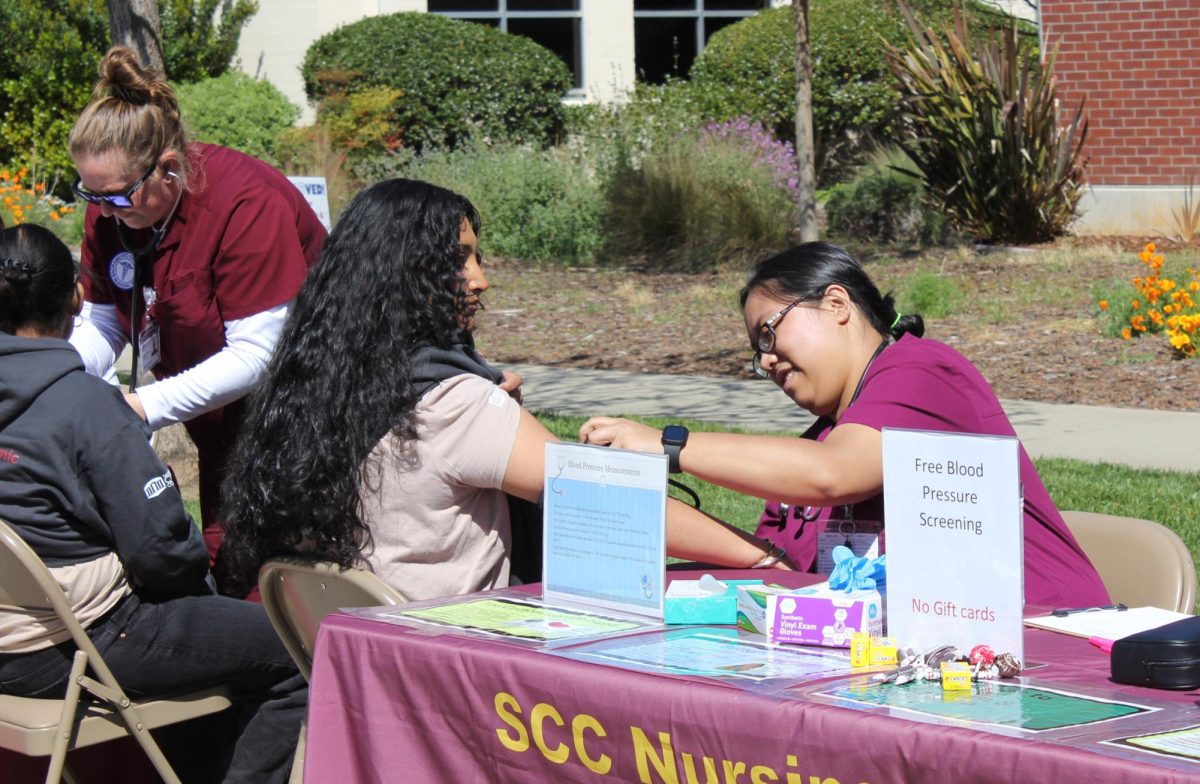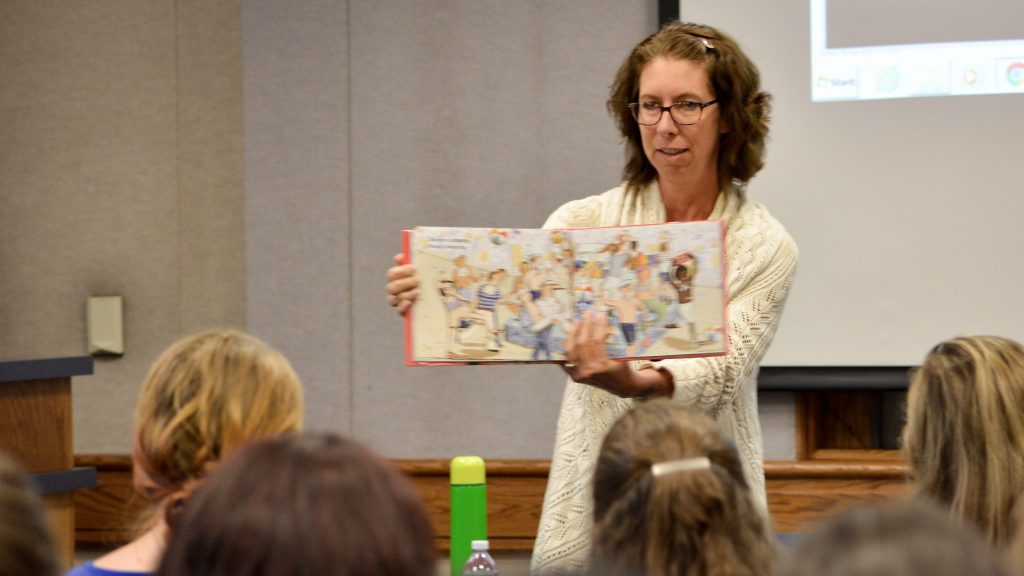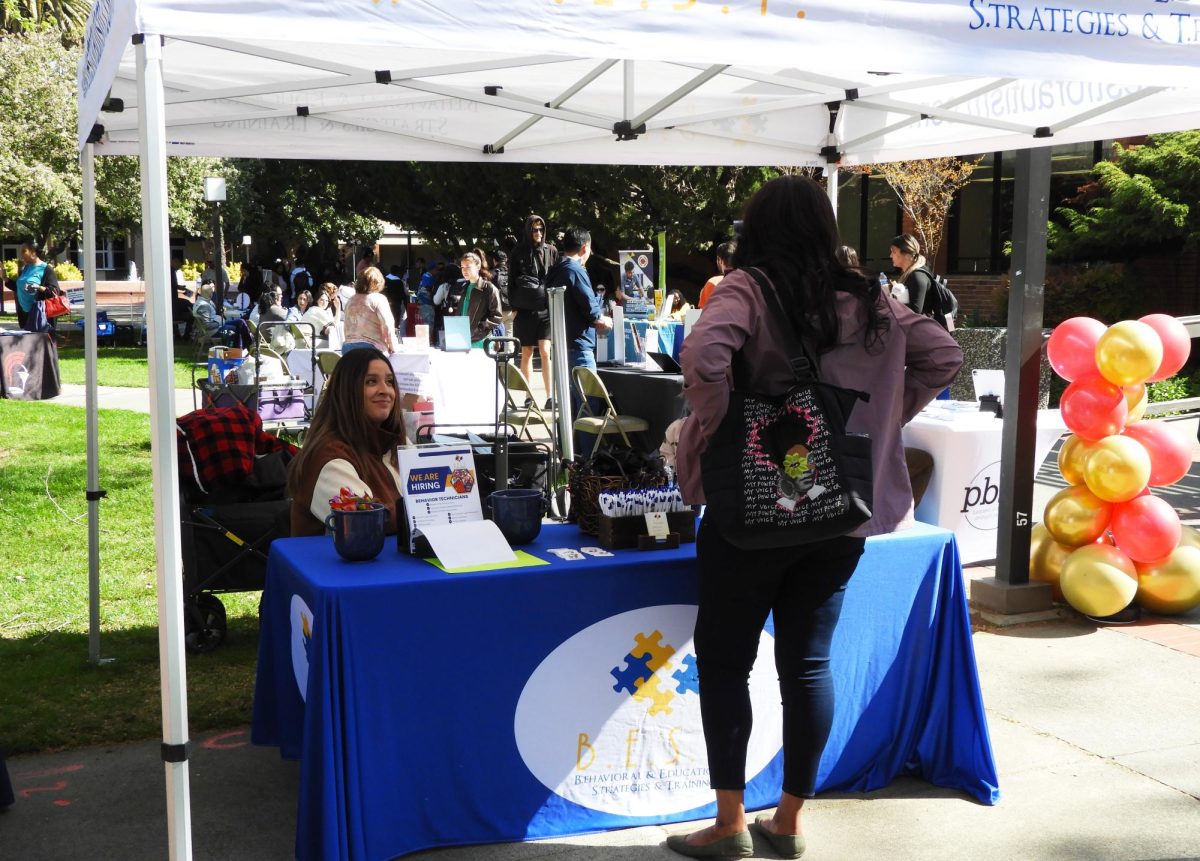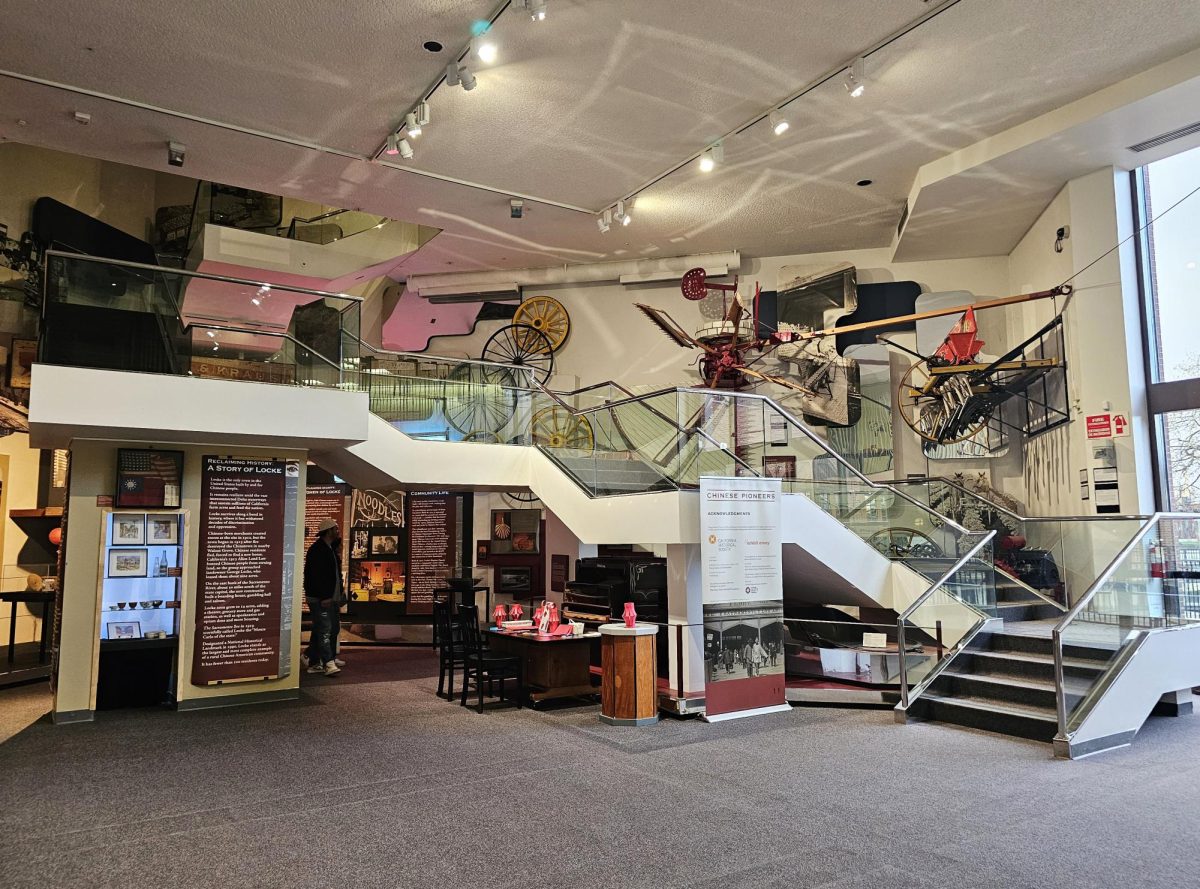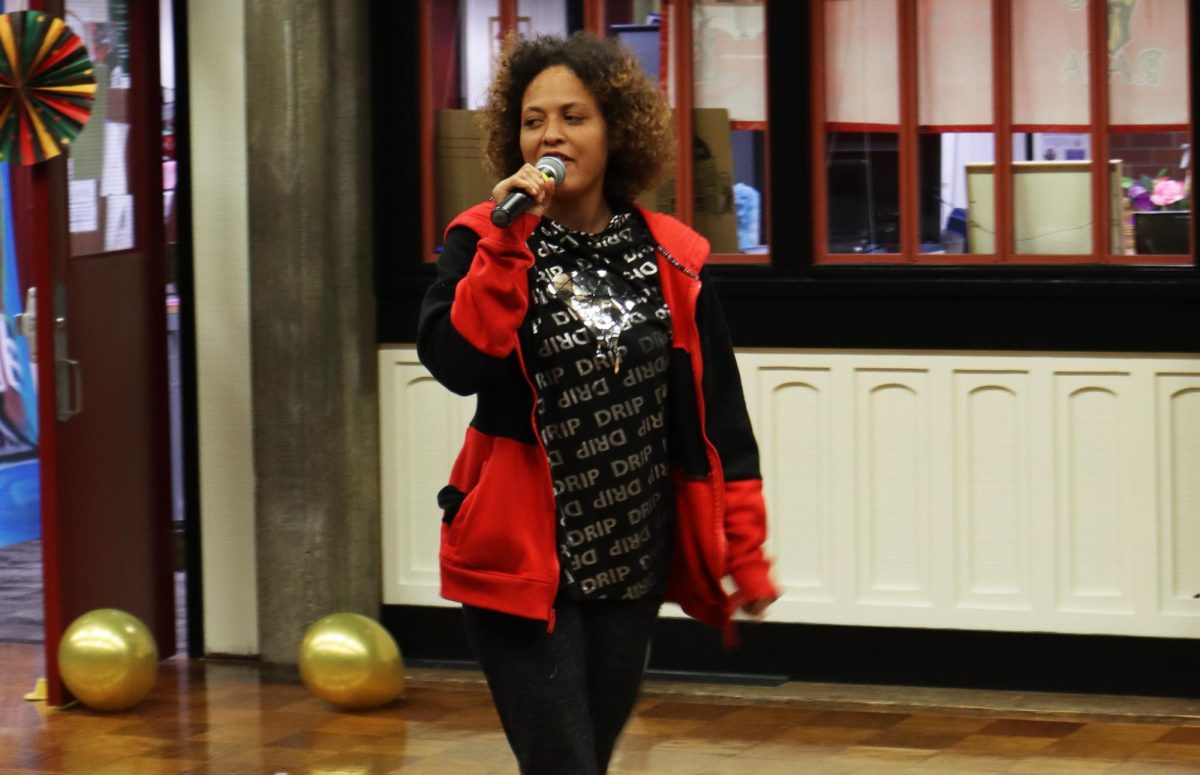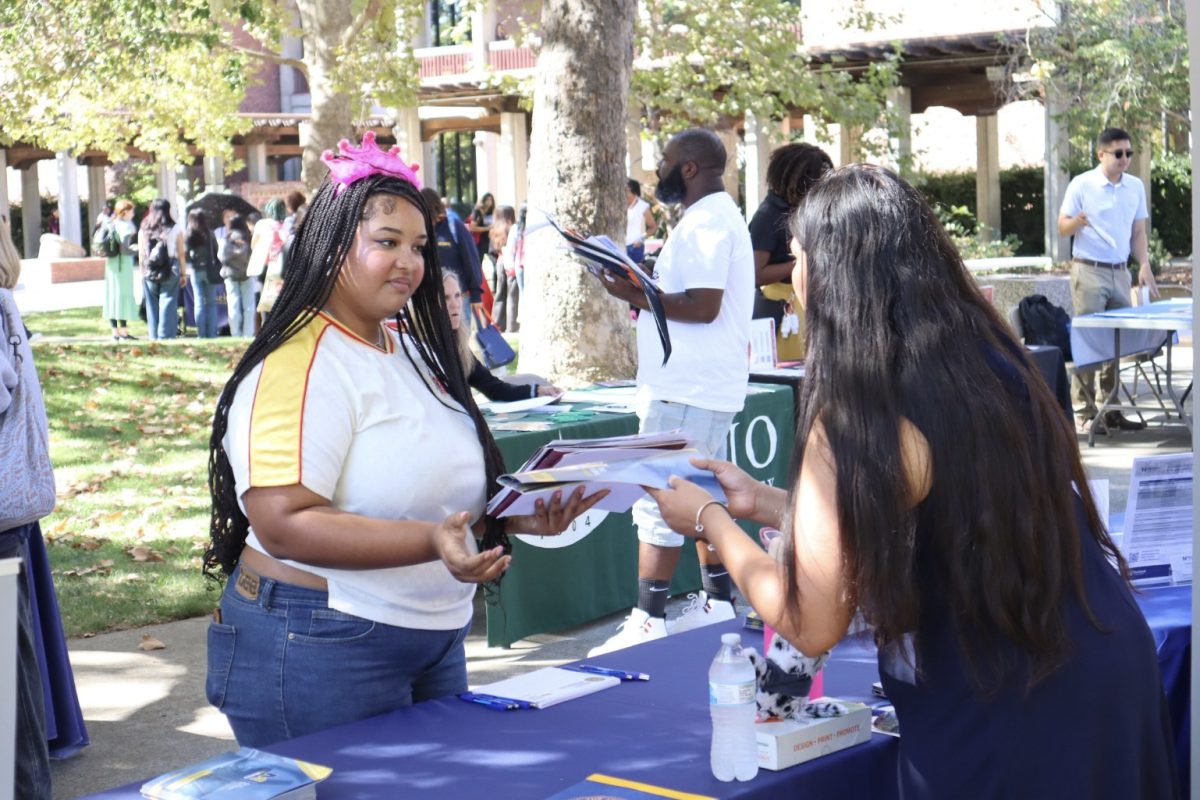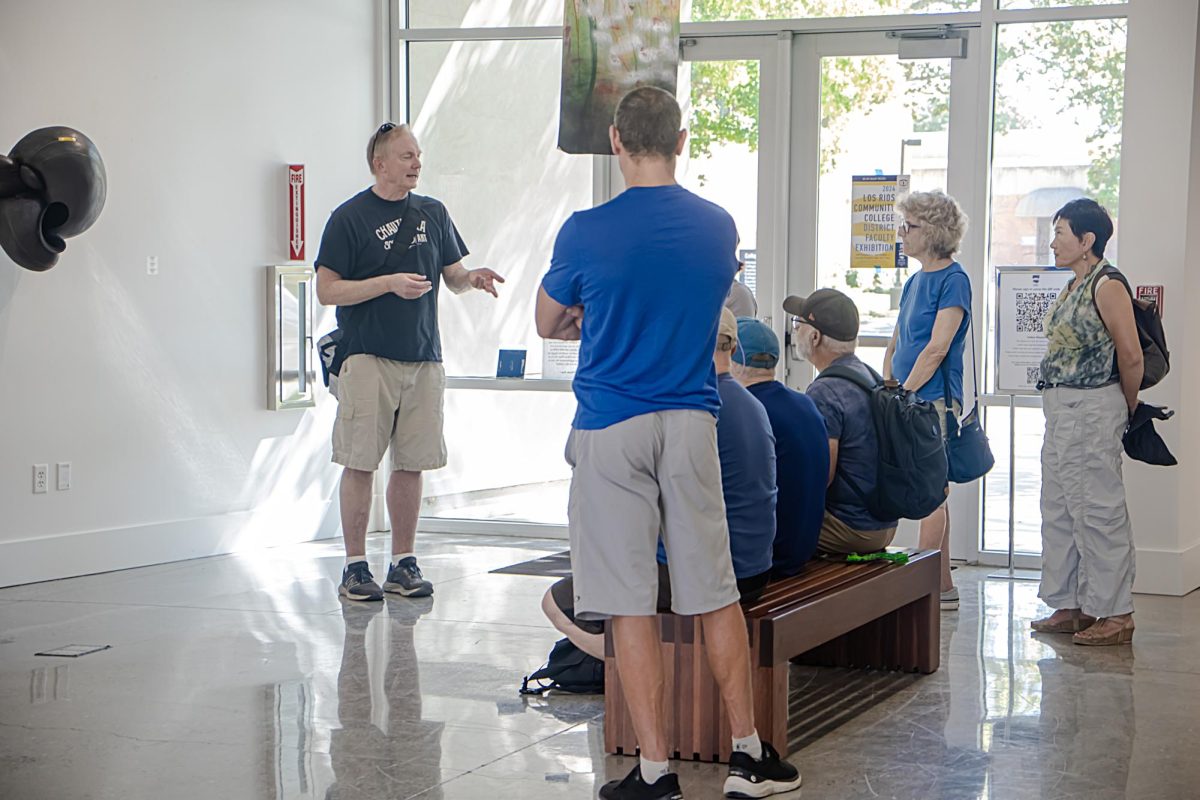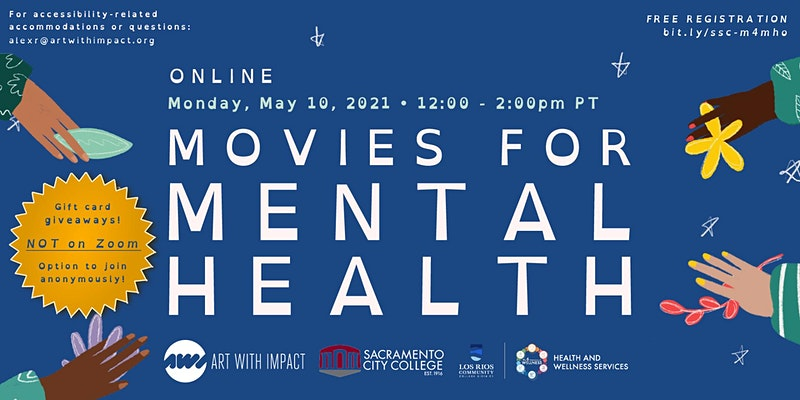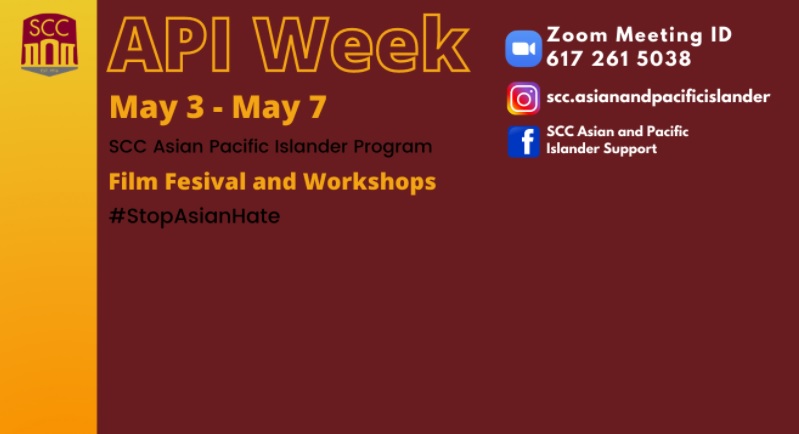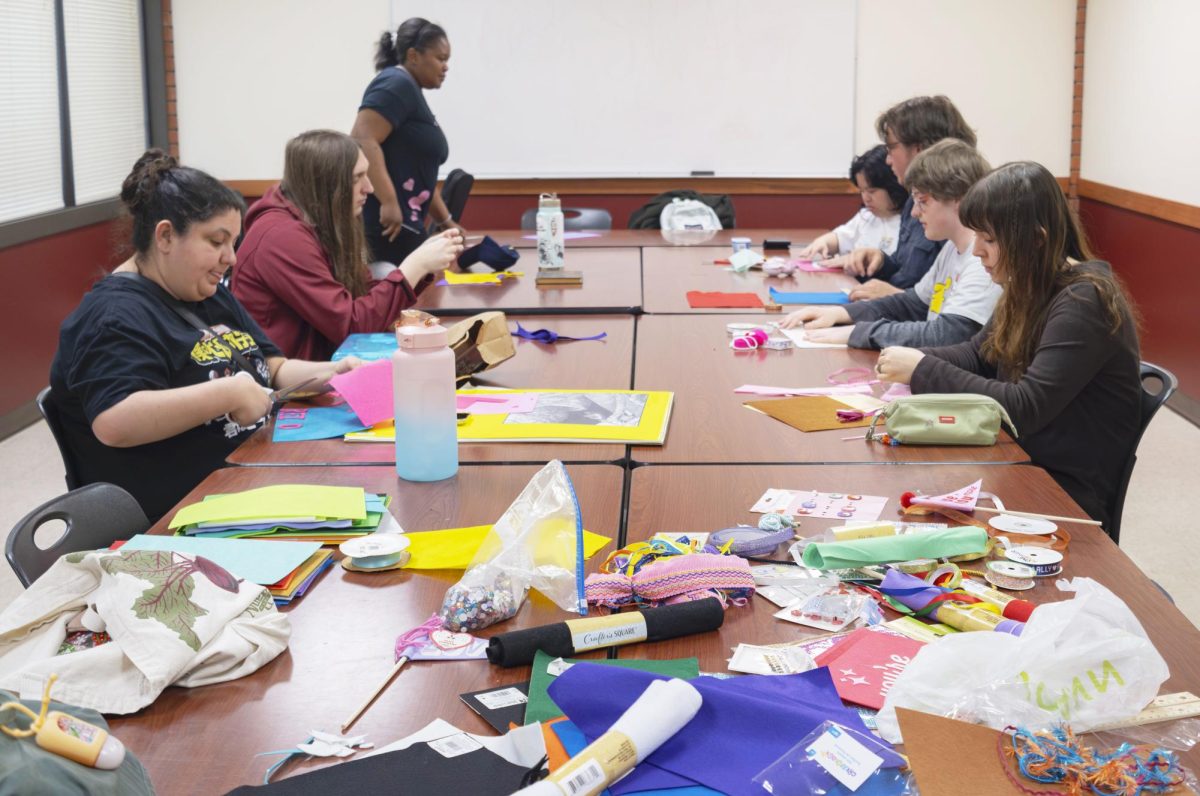Ellyssa Rodriguez
Managing Editor
erodriguez.express@gmail.com
Some people like when a book challenges them. Others prefer to challenge a book they disagree with — in hopes of getting it banned.
City College professor Gayle Pitman has faced two such challenges to her children’s book, “This Day in June,” an LGBT-themed story published in 2014.
“You’d think that I would have expected ‘This Day in June’ to be challenged at some point,” says Pitman. “But both times it’s happened, I was taken completely off guard.”
Pitman’s book was challenged at public libraries in Hood County, Texas in 2015 and in West Chicago in August 2017. In both cases, the challenges made headlines across the U.S.
Pitman spoke in a panel discussion hosted by the City College Library and Information Technology Program on Sept. 25 during Banned Books Week. The panel included Sacramento librarians Justin Azevedo and Amanda Turkie, was hosted by coordinator of the Library and Information Technology Program Pamela Posz, and drew a crowd of more than 45 students, staff and parents.
At the event, Pitman shared how unpleasant the process was for her.
“It was very painful to hear people standing up and saying how my book was immoral, sinful and dangerous to children, because I think it’s exactly the opposite,” Pitman says. “It’s a book filled with love, celebration and unconditional acceptance.”
In both challenges of “This Day in June,” the book was ultimately kept on library shelves. According to Justin Azevedo, Youth Material Selector for the Sacramento Public Library, this is a common result. While anyone has the right to challenge a book, it can be a lengthy, difficult process.
“It is really hard to get a book banned,” says Azevedo. “There is a level of organization to the process, and certain policies we follow.”
Azevedo explained libraries take into consideration a number of factors, including the number of times the book has been checked out and how many awards the book has received.
Since her children’s book was published, it has received a number of literary awards.
In 2015, the book received the Stonewall Book Award, which is sponsored by the American Library Association and is awarded to a book that has shown “exceptional merit relating to the gay/lesbian/bisexual/transgender experience,” according the the ALA website. It was also named a winner of the 2015 Notable Books for a Global Society.
The book invites readers, young and old, to embark on the journey of a day spent at a pride festival. It also includes a reading guide filled with facts and history which can help parents and teachers educate children about the lesbian, gay, bisexual and transgender community.
The controversy stirred up by the book brought plenty of unpleasantness, but it also left Pitman with some newfound reassurance.
“I’ve seen some pretty ugly things during these two book challenges, and I’m grateful to the librarians who stood up against censorship,” says Pitman. “Before all of this happened, I had no idea how far librarians were willing to go to protect the First Amendment and the freedom to read.
“I also had no idea how threatened those rights are, and how far people are willing to go to suppress people’s voices. Their advocacy sometimes came at a significant cost, and to me, that makes them true freedom fighters.”
Librarians work hard to support a diverse collection literature that fills their shelves, according to Pitman. When books like hers are challenged, librarians stepped up to defend it.
“Just because people don’t like it doesn’t mean you can ban a book,” says Posz. “Representation is huge. It is important that people are represented. There are gay children, there are gay families.”
For more information on book banning and censorship, visit:
—National Coalition Against Censorship at www.NCAC.org
—American Civil Liberties Union at www.ACLU.org
—American Library Association www.ALA.org

